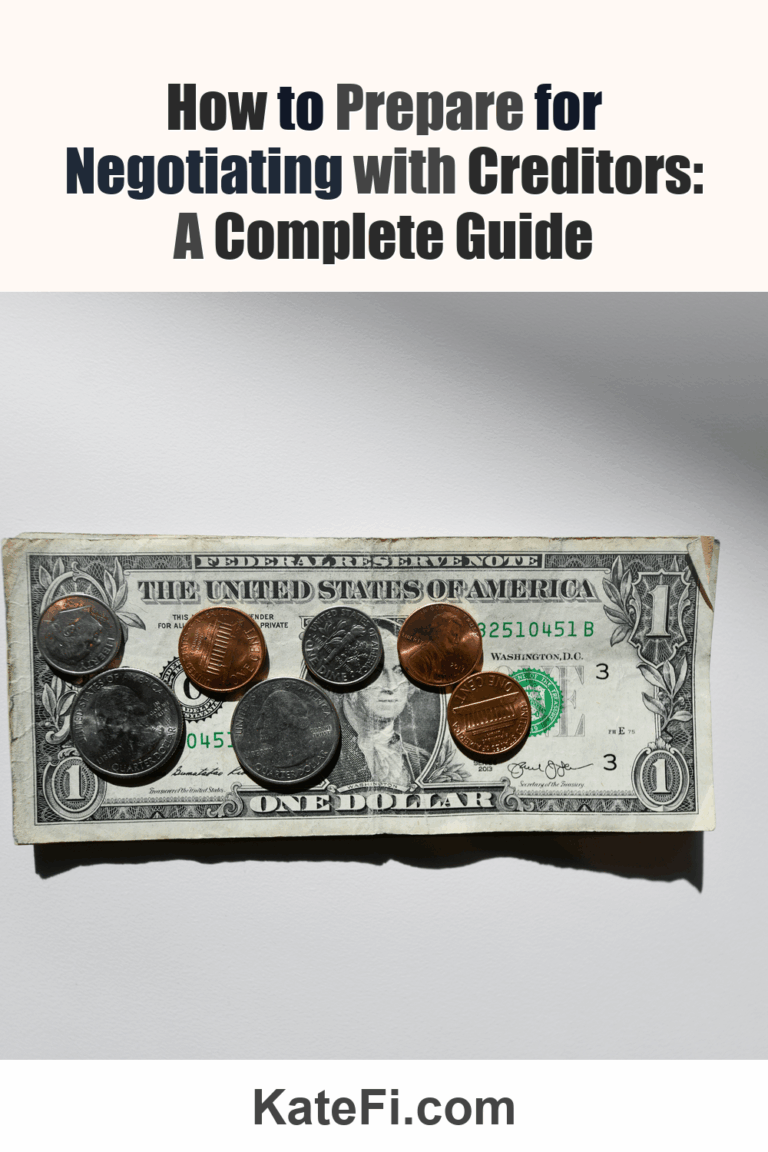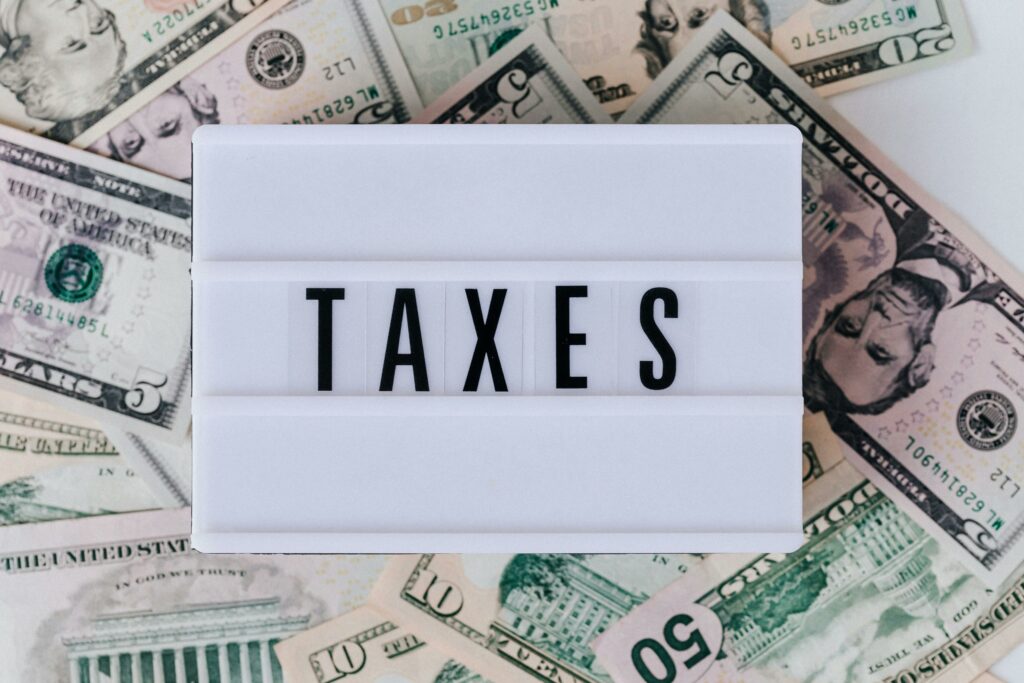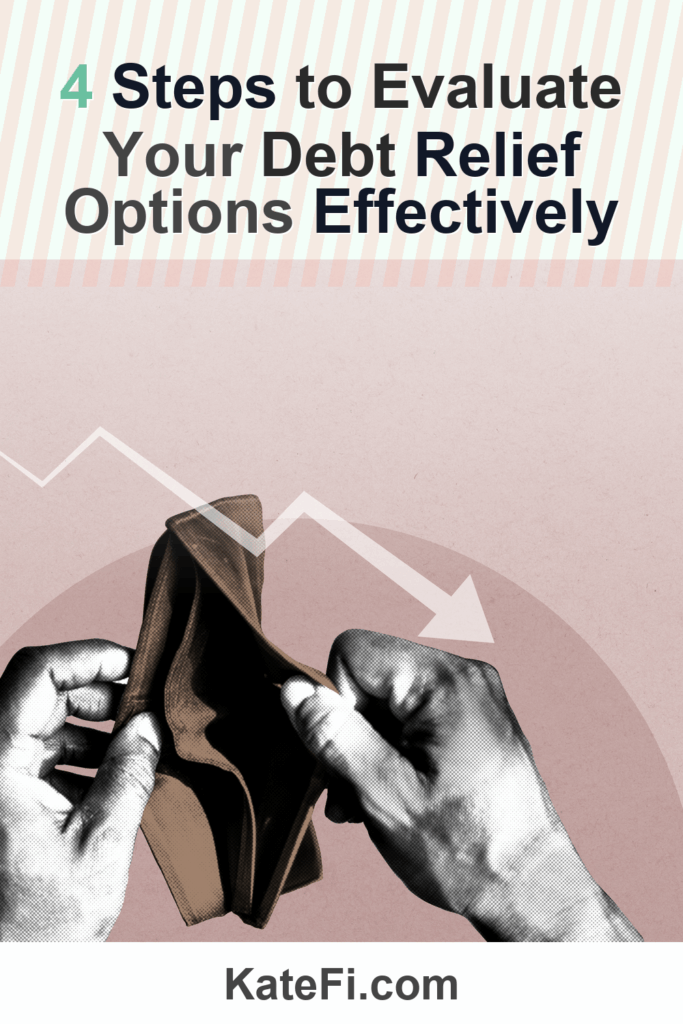Love our content? Show your support by following us — pretty please!🥺
FOLLOW ON PINTEREST
Hi! I’m Kate, the face behind KateFi.com—a blog all about making life easier and more affordable.
👉 Start Your Free Debt Relief Review
Not available in IL, KS, OR, TN, UT, WV.
How to Prepare for Negotiating with Creditors: A Complete Guide
When faced with mounting debt, the feeling of being overwhelmed can be paralyzing. Each month, it seems that interest rates and hidden fees grow like weeds in your financial garden, choking your ability to breathe easy and manage your obligations. While this story is all too familiar for many, it’s important to remember that negotiating with creditors is not only a viable option—it’s an opportunity to take control of your financial destiny.
Case Study: Sarah’s Journey to Financial Relief
Meet Sarah, a 32-year-old single mom living in Atlanta, GA. After a series of unexpected medical bills and job changes, Sarah found herself buried in credit card debt exceeding $15,000. Each month, her payments barely scratched the surface due to high interest rates and accumulating fees. Feeling trapped, she began to panic as the bills piled up.
However, Sarah decided to take the reins and educate herself about debt negotiation. Armed with knowledge, she reached out for a consultation on how to proceed effectively. This choice not only empowered her but ultimately led to a significant reduction in her overall debt.
The Snowball Effect: How Interest and Fees Accumulate
Sarah’s story is a powerful illustration of how easily debt can spiral out of control. With credit card interest rates averaging 15% to 25%, even the smallest purchases can lead to massive repayments over time. For Sarah, what began as a manageable $3,000 hospital bill ballooned to an insurmountable figure, primarily due to compounded interest.
| Type of Debt | Average Interest Rate | Monthly Payment | Estimated Time to Pay Off |
|---|---|---|---|
| Credit Cards | 15% – 25% | $200 | 10+ years |
| Personal Loans | 10% – 36% | $200 | 5 – 7 years |
| Medical Bills | 0% – 20% (if financed) | $200 | 2 – 5 years |
Note: This table is for illustrative purposes only. Individual results may vary based on specific circumstances.
Preparing for Negotiation
If you, like Sarah, find yourself grappling with debt, preparation is key. Here’s a comprehensive checklist to help you negotiate effectively with creditors.
#### 1. Gather Documentation
To streamline the process, collect the following documents:
- Recent credit card statements
- Payment history
- Notices from creditors
- Any related contracts or agreements
Having these at hand will help create a solid foundation for your case.
#### 2. Know Your Rights
Familiarize yourself with consumer protection laws like the Fair Debt Collection Practices Act (FDCPA). This knowledge equips you to handle calls and negotiations with confidence.
#### 3. Determine Your Goals
What do you hope to achieve in your negotiation? Common goals include:
- Lowering the interest rate
- Reducing the principal balance
- Waiving fees or penalties
Having clear objectives will guide your conversation.
Key Strategies for Successful Negotiation
Now that you’re equipped, let’s explore actionable strategies Sarah employed during her negotiation.
#### 1. Start with a Budget
Before negotiating, calculate your budget to determine how much you can realistically afford to pay. This helps you make informed offers without stretching your finances too thin.
#### 2. Be Honest and Transparent
When Sarah spoke with her creditors, she was upfront about her financial situation. This honesty can build rapport and lead to more favorable outcomes.
#### 3. Propose a Win-Win Solution
Consider offering a lump-sum payment or a structured repayment plan. Sarah proposed a settlement amount that was less than what she owed but more than what her creditors would get if she filed for bankruptcy. This opened the door for negotiation.
What to Ask a Debt Counselor
For those who may feel overwhelmed by the negotiation process, seeking professional guidance can be invaluable. Here are essential questions to ask during a free consultation:
- What options do I have based on my financial situation?
- Can you help me understand the long-term implications of debt relief?
- What fees will I be responsible for if I enroll in a program?
- How does this affect my credit score?
By gathering information, you empower yourself and can make informed decisions.
✅ See If You Qualify for Debt Relief
Understanding the Impact on Your Credit Score
Negotiating with creditors can impact your credit score, and it’s important to be aware of this reality. When you settle for less than the total owed or miss payments, your score may dip. However, a well-structured repayment plan often allows for rebuilding credit over time. Here are some tips to help improve your score post-negotiation:
- Pay Bills on Time: Your payment history significantly impacts your credit score.
- Monitor Your Credit Report: Stay vigilant about your credit report to catch any errors or discrepancies.
- Use Credit Responsibly: Only use a small portion of your available credit to maintain a healthy utilization rate.
The Road Ahead: Learning from the Journey
Reflecting on her negotiation journey, Sarah discovered a wealth of knowledge that transcended her immediate financial issues. Here are some key takeaways:
- Knowledge is Power: Understanding your financial situation can illuminate your options.
- Communication is Key: Open, honest conversations with creditors can yield surprising results.
- Seek Help When Needed: Professional guidance can provide clarity and direction.
Final Thoughts: Taking the First Step
If you find yourself facing overwhelming debt, remember that you’re not alone. By preparing to negotiate and taking proactive steps, you can turn the tide on your financial situation. Just like Sarah, many people have walked this path and emerged stronger on the other side.
Are you ready to take control of your debt? Don’t hesitate to reach out for help. Start by getting a free consultation to explore your options today.
✅ See If You Qualify for Debt Relief
Important: This content is for education only—not legal, tax, or financial advice. Results and eligible programs vary by situation and state. Fees apply if you enroll and complete a program. Debt relief can affect credit; missed payments may lead to collections/lawsuits. Not available in IL, KS, OR, TN, UT, WV.
In the end, navigating through debt is challenging, but with the right approach, it’s manageable. Each step you take is a move toward financial freedom—embrace the journey!
What You’ll Learn on the Call
- Estimated timeline and monthly payment range
- How credit may be affected in the short term
- What documents to gather to move faster
Not available in IL, KS, OR, TN, UT, WV.
Understand pros/cons of settlement vs consolidation vs DMP for your exact mix of debts.
Not available in IL, KS, OR, TN, UT, WV.






















